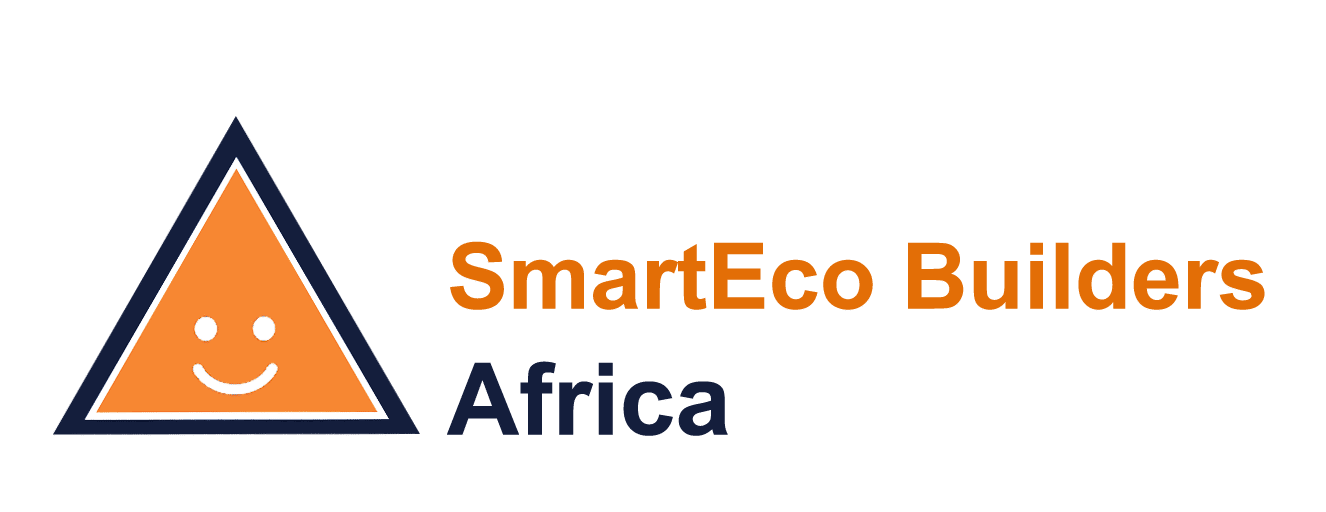Mabati roofing sheets are integral to Kenya’s construction landscape, offering diverse types tailored to various applications. Understanding these options starts with corrugated and box profile mabati. Corrugated sheets feature a traditional wavy pattern that enhances strength and flexibility, making them suitable for both residential and commercial roofing. In contrast, box profile mabati presents a more streamlined appearance with deeper profiles, ideal for industrial and high-load applications requiring enhanced structural integrity and spanning capabilities. Each profile type brings distinct advantages depending on the project’s structural requirements, aesthetic preferences, and budget considerations.
The choice between pre-painted and plain mabati reflects consumer preferences influenced by both aesthetic appeal and maintenance practicality. Pre-painted mabati offers an array of colors and finishes straight from the manufacturer, reducing the need for additional painting and enhancing curb appeal immediately. This option is popular for residential applications where visual appeal plays a crucial role in property aesthetics. Plain mabati, while initially more cost-effective, allows for custom painting to match specific color schemes or design preferences but may require more frequent maintenance to preserve its appearance and protect against corrosion in the long term.
When deciding between lightweight and heavy gauge mabati sheets, considerations such as structural requirements, installation ease, and durability come into play. Lightweight mabati sheets are favored for their ease of handling and installation, making them suitable for DIY projects and residential roofing. They offer adequate protection against weather elements while being cost-effective. On the other hand, heavy gauge mabati sheets are thicker and more robust, offering superior durability and impact resistance, which is crucial for industrial and commercial applications where structural integrity is paramount. The choice depends on the specific demands of the project and the anticipated environmental stresses the roofing will endure [1].
Mabati sheets find versatile applications across agricultural and industrial sectors in Kenya due to their durability and weather-resistant properties. In agriculture, these sheets are used for roofing structures like barns, greenhouses, and storage facilities, protecting crops, livestock, and equipment from harsh weather conditions. The robustness of mabati also makes it ideal for industrial applications, including roofing for factories, warehouses, and manufacturing plants where resilience against environmental factors ensures continuous operation and protection of assets. The versatility of mabati in these sectors underscores its role as a reliable roofing solution across diverse industries in Kenya’s economy.
Residential roofing trends in Kenya reflect a growing preference for mabati sheets that balance functionality with aesthetic appeal. Pre-painted mabati sheets are particularly favored for their ability to enhance architectural styles and curb appeal instantly. Corrugated profiles remain popular due to their versatility and proven durability in various climatic conditions across the country. Modern residential designs increasingly incorporate box profile mabati, appreciated for its contemporary look and robust performance, especially in urban and suburban settings where architectural trends lean towards modern aesthetics and structural integrity.
Price comparisons across different types of mabati sheets reveal varying cost structures based on material quality, profile design, and finishing options. Pre-painted mabati sheets generally command higher prices due to additional coating costs and the attractiveness of ready-made aesthetics. Conversely, plain mabati sheets offer cost-effective alternatives, allowing consumers to customize the roofing appearance through painting while managing budget constraints effectively. Heavy gauge mabati sheets, designed for superior durability and load-bearing capacities, are priced higher than lightweight counterparts, reflecting their enhanced performance and longevity benefits, particularly suitable for high-demand applications requiring robust roofing solutions.
Design versatility in mabati sheets continues to expand, providing consumers with a wide range of color choices, textures, and custom design options to suit diverse architectural preferences and project requirements. Manufacturers cater to a spectrum of aesthetic tastes, offering everything from traditional earth tones to vibrant contemporary hues that enhance building exteriors and blend seamlessly with surrounding landscapes. Custom design options allow for personalized touches that reflect individual style preferences and architectural visions, ensuring mabati roofs not only perform admirably but also contribute to the overall visual appeal and property value enhancement of buildings.
Expert guidance in selecting the right mabati types and prices in Kenya emphasizes comprehensive evaluations of project-specific factors, including structural requirements, environmental conditions, and long-term maintenance considerations. Consulting with roofing professionals or manufacturers provides invaluable insights into choosing between corrugated and box profile mabati based on load-bearing capabilities and installation complexities. Real-life case studies further illustrate successful applications of different mabati types across residential, commercial, and industrial projects, offering practical examples that inform decision-making and highlight the benefits of investing in quality roofing solutions tailored to specific needs and expectations.
